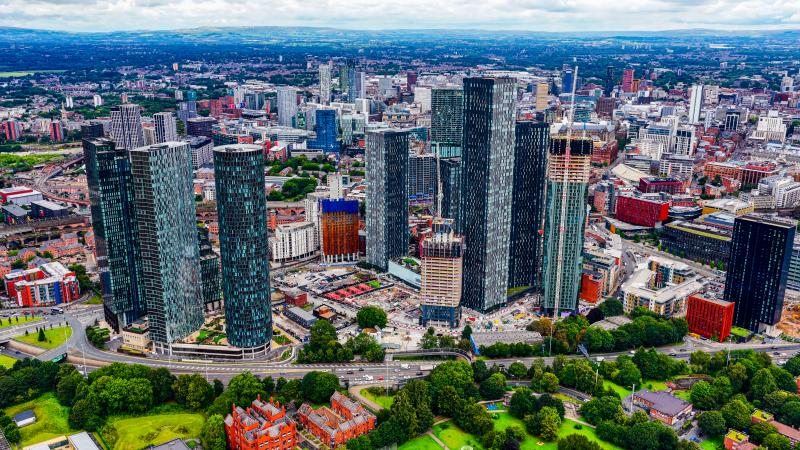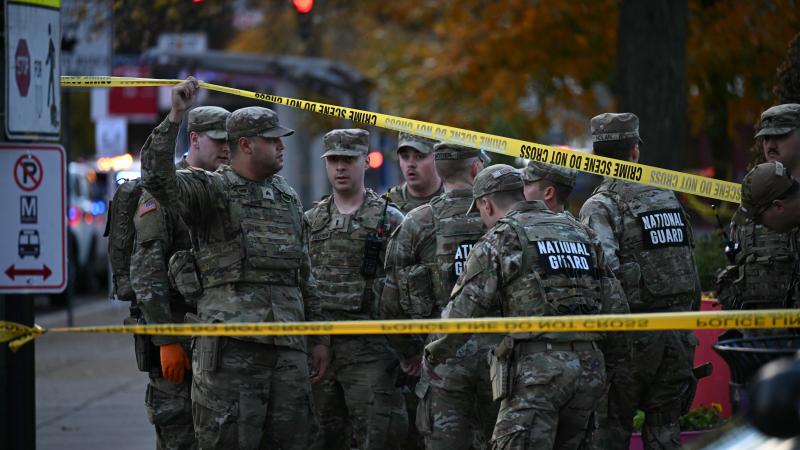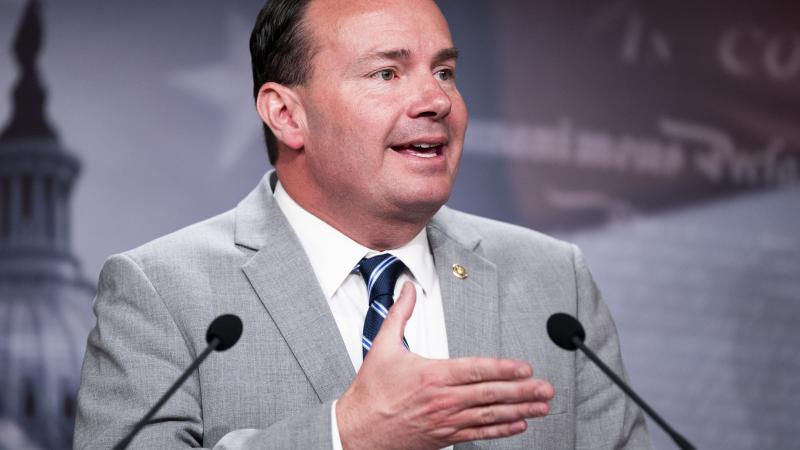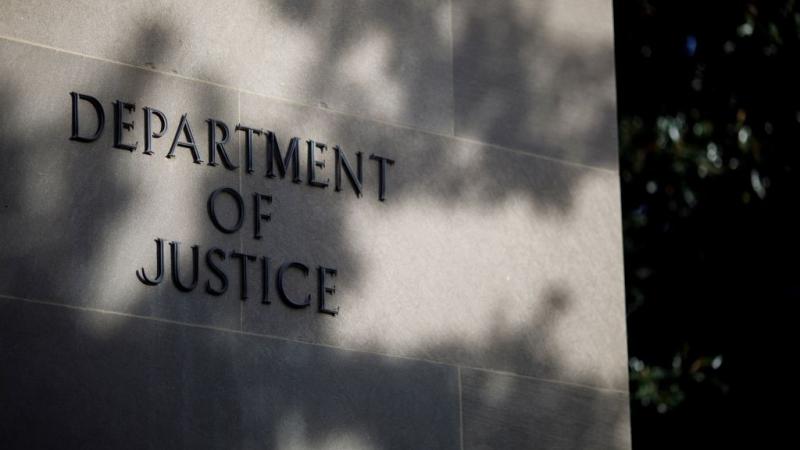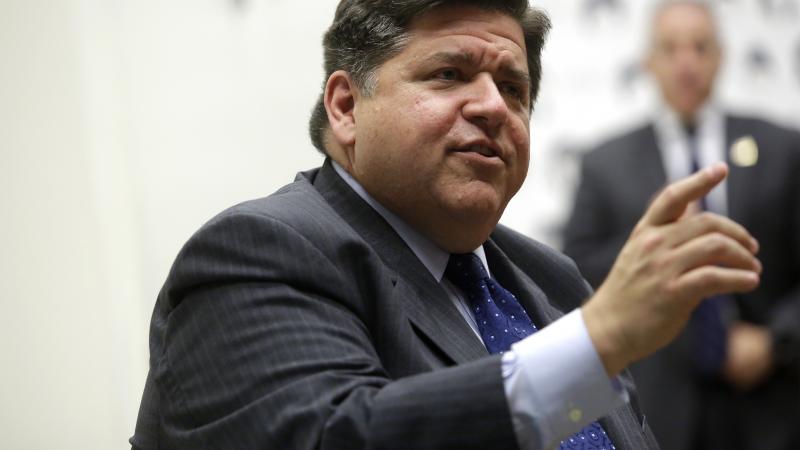Alarming number of Americans, Democrats expect a politically violent future
A majority of Americans believe political violence will increase as a starling uptick. Others hold the belief that it is justified. The acceptability of such justifications appear to be divided by party lines, according to polling.
On Monday, Politico and Public First released their poll's findings of 2,051 U.S. adults, conducted Oct. 18-21, which showed that 55% of Americans think political violence will ramp up in the coming years. This worry cuts across all groups, with most people from different genders, ages, parties, and education levels feeling the same. Democrats and older respondents seem especially on edge about it, likely fueled by recent heated elections, social divides and acts like the assassination of Charlie Kirk in September.
Opinions on the presidency tie into fears of violence, with 76% of those who strongly dislike the office expecting more trouble, the poll says. Just 15% in that group think it'll drop instead.
The poll points to widespread nerves about rising tensions, showing splits that go beyond usual party fights and hinting at deeper concerns over trust in government and media echo chambers. Overall, only a small slice of respondents—around 8%—believe violence will actually decrease, leaving little room for optimism. This comes amid real events like assassination attempts and protests that have rattled the country lately.
Legislators are taking notice
Those numbers comport with comments from veteran lawmakers from both parties, who describe a sharp rise in political violence since they first entered Congress. They blame the surge on a number of factors, including social media, deepening partisan divisions and inflammatory language that turns opponents into targets. Long-serving members recalled to NOTUS.org an earlier time of civility where public town halls required no security details, but now many skip such events to avoid risks, limiting direct contact with voters.
Recent attacks underscore the threats, including:
- The assassination of conservative influencer Charlie Kirk,
- Intentional arson at the Democratic Pennsylvania's governor's residence,
- Multiple assassination attempts of President Donald Trump, and
- The killing of a Minnesota legislator who rejected a Democrat motion to provide taxpayer-funded healthcare to illegal aliens.
Security funding boosted after attacks on ICE
Lawmakers report exponential jumps in death threats, as Congress has boosted security funding and added metal detectors. In July 2025, members of an Antifa-affiliated cell launched an armed ambush on an ICE detention center in Alvarado, Texas, firing on officers and wounding one in the neck during a coordinated attack involving over 50 weapons.
Federal prosecutors later charged two suspects with terrorism, marking the first such case under President Trump's designation of Antifa as a domestic terrorist organization.
Throughout the summer, Antifa militants in Portland, Oregon, escalated protests against ICE facilities with incendiary devices, projectiles and assaults on federal agents, prompting a surge in National Guard deployments. These incidents prompted Trump's September executive order cracking down on the group, amid warnings from experts that left-wing extremism, while rising, remains less lethal than right-wing threats overall.
More than half identifying as left-of-center "somewhat" justify political murder: Poll says
A study released in the spring by the Network Contagion Research Institute and Rutgers University revealed that 55% of participants identifying as left-of-center viewed the assassination of President Trump as at least somewhat justifiable.
Nearly half—48%—expressed similar sentiments toward Elon Musk. Additionally, 40% of all respondents deemed it somewhat acceptable to vandalize a Tesla dealership as a form of protest, a view shared by almost 60% of those on the left.
Those numbers have shifted drastically. A 2017 YouGov poll found that only 8% of Democrats and Republicans said political violence is "at least a little bit justified." Asked a slightly different way in 2020, that same demographic shrugged to 36% among Republicans and 33% among Democrats.
